News
Category filters
News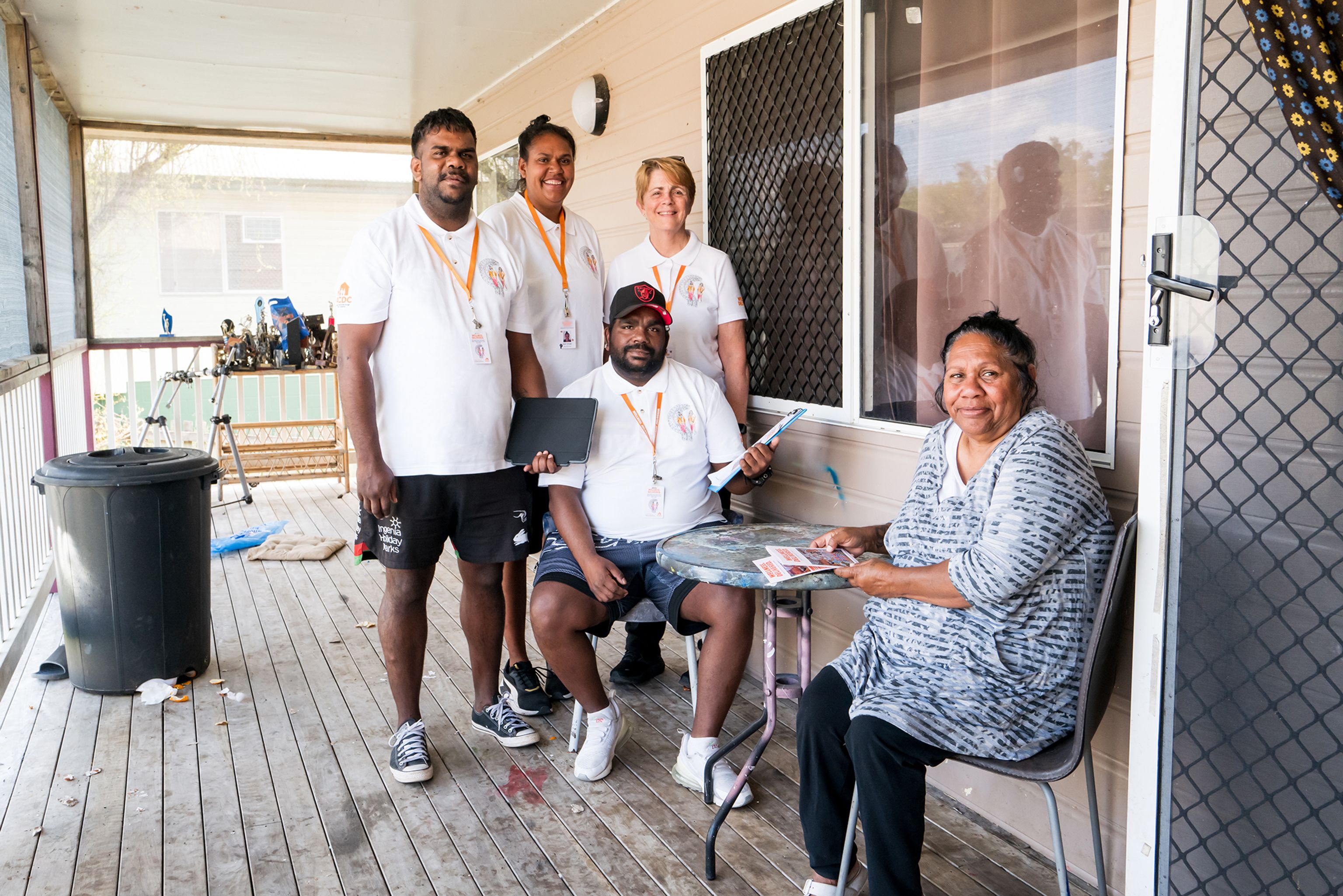

Getting it right for First Nations communities
News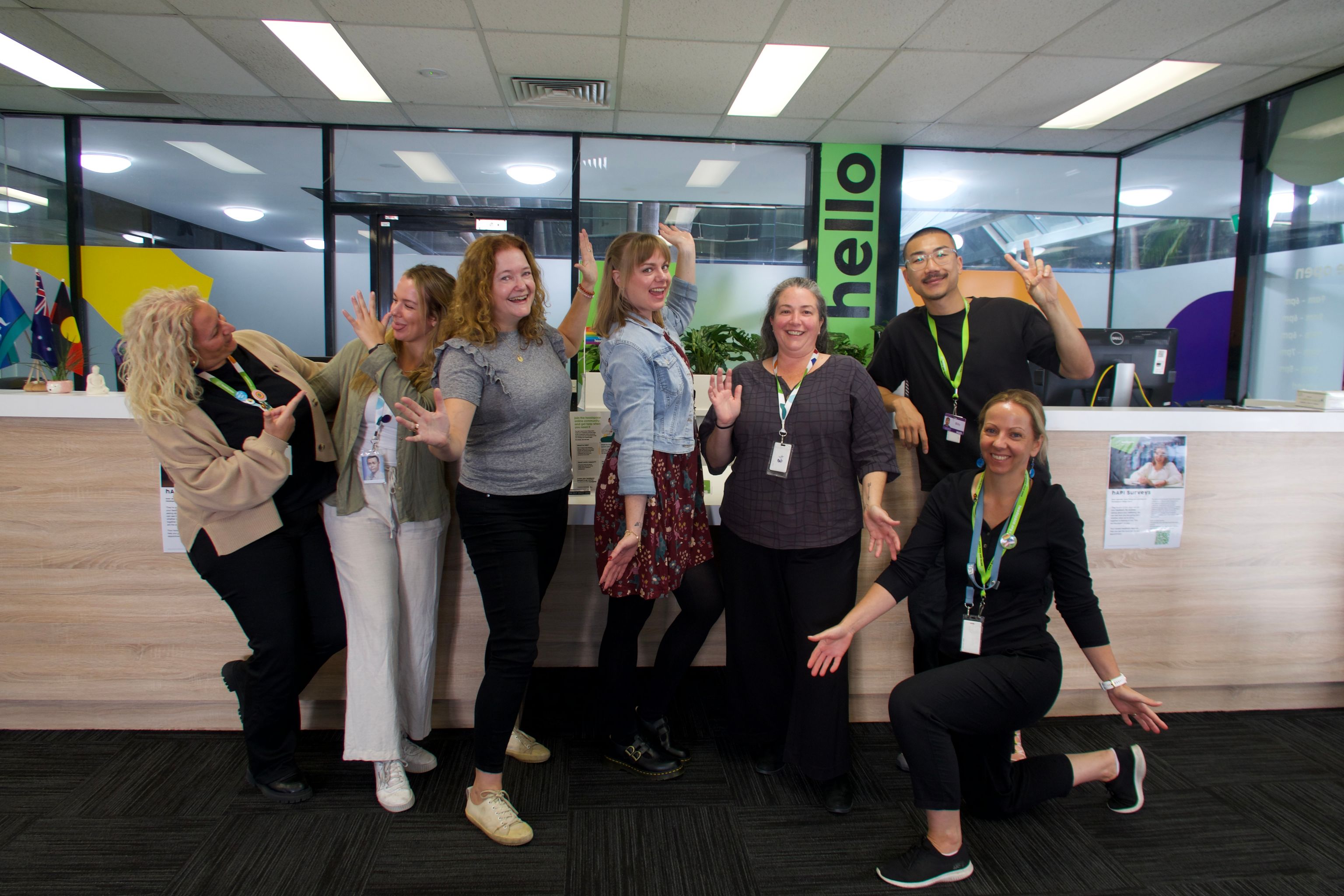

headspace Knox takes shape
News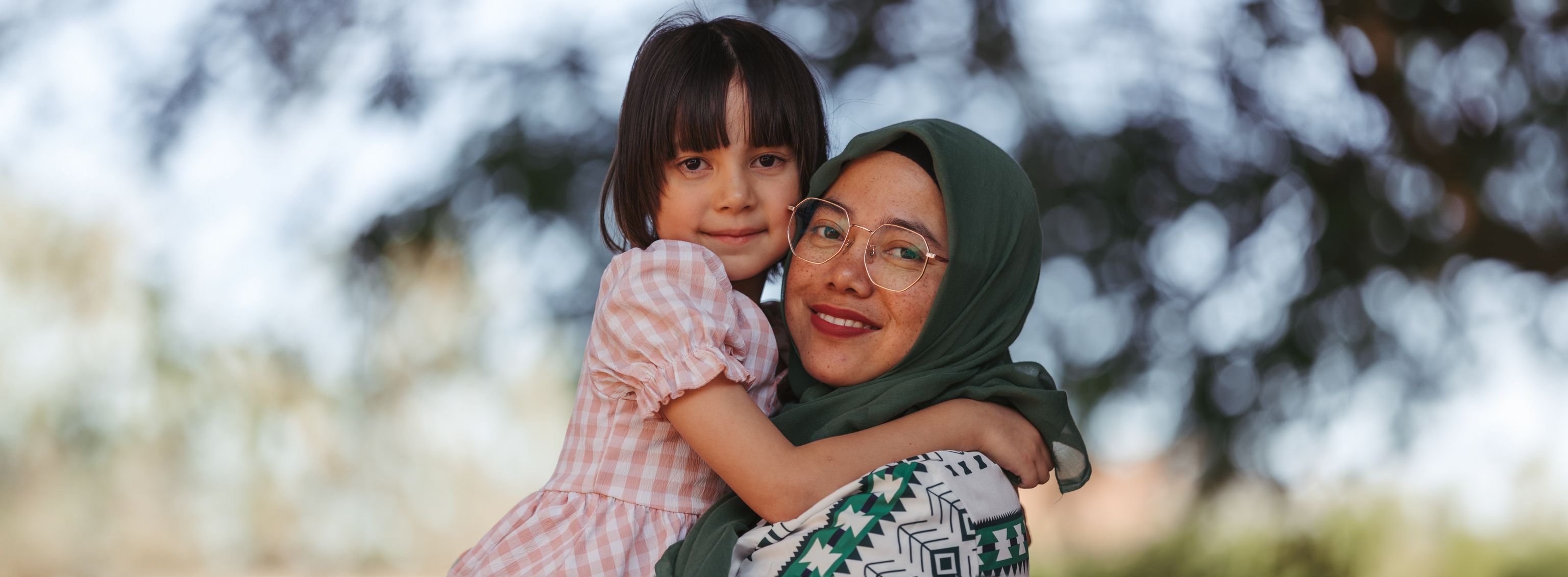

Growing to give more Australians the power to live well
News

Altogether better: A new website and brand
News

Funding cuts to free drug support service puts sleepless Australians at risk
News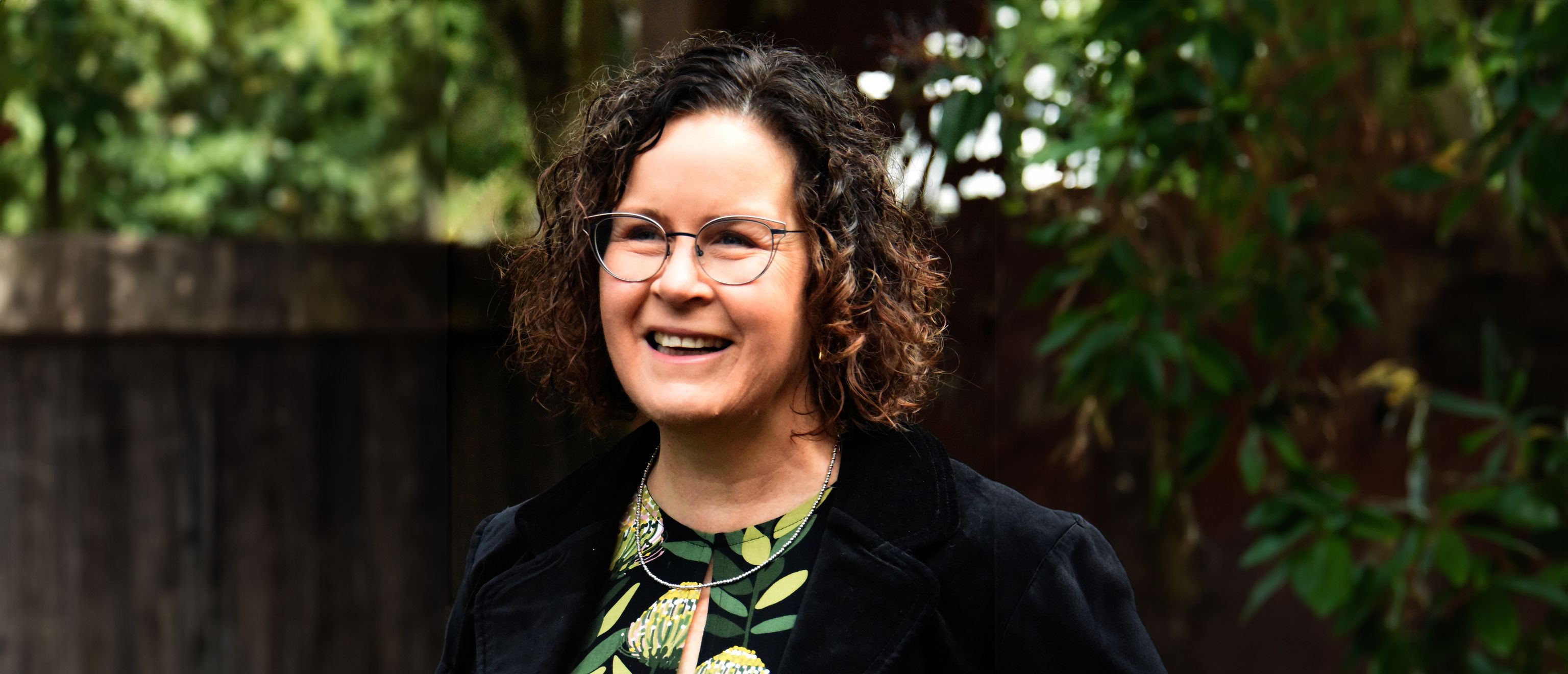

Monash and Each forge 5-year partnership
News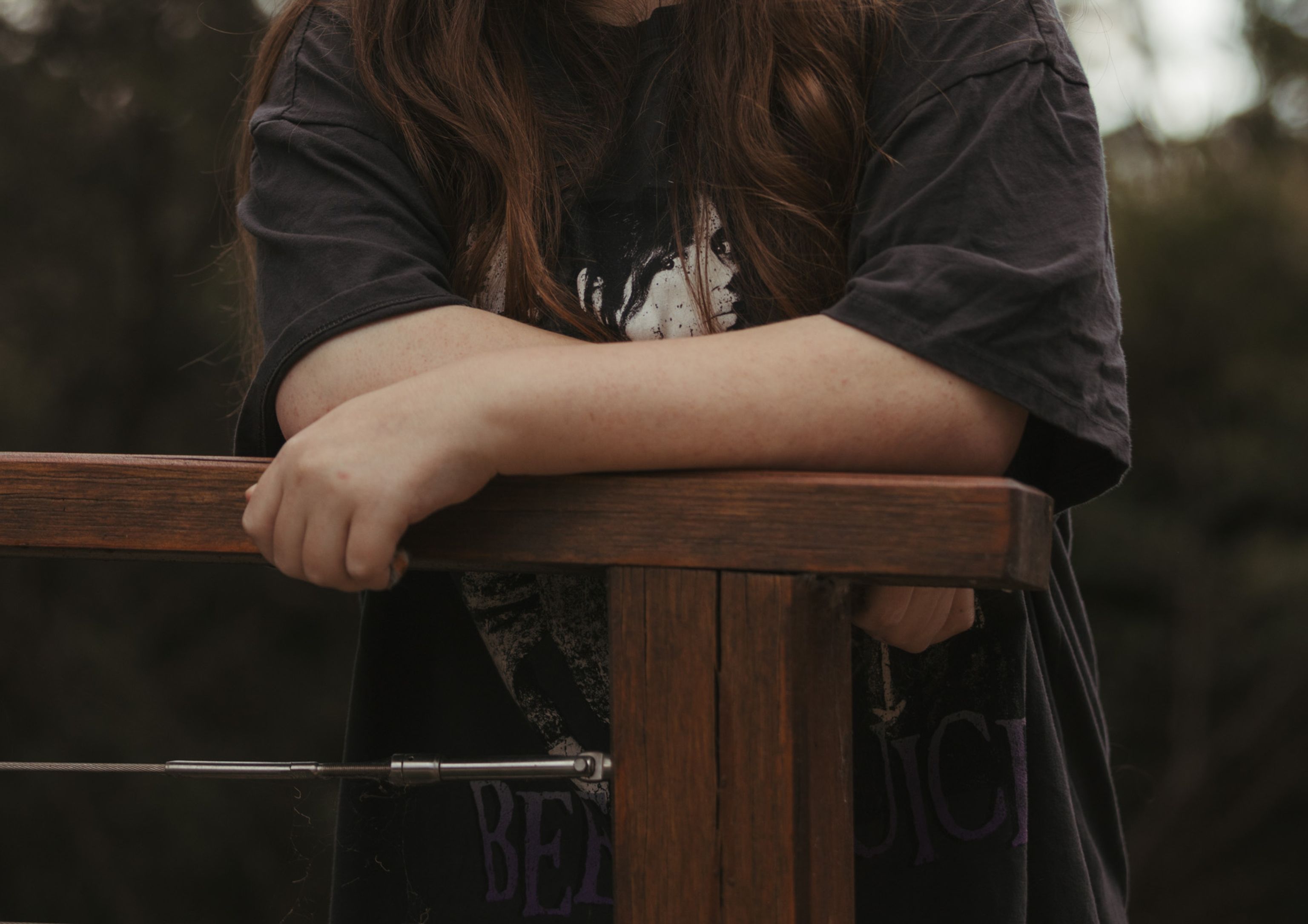

Hidden in plain sight: The reality of financial abuse
News
